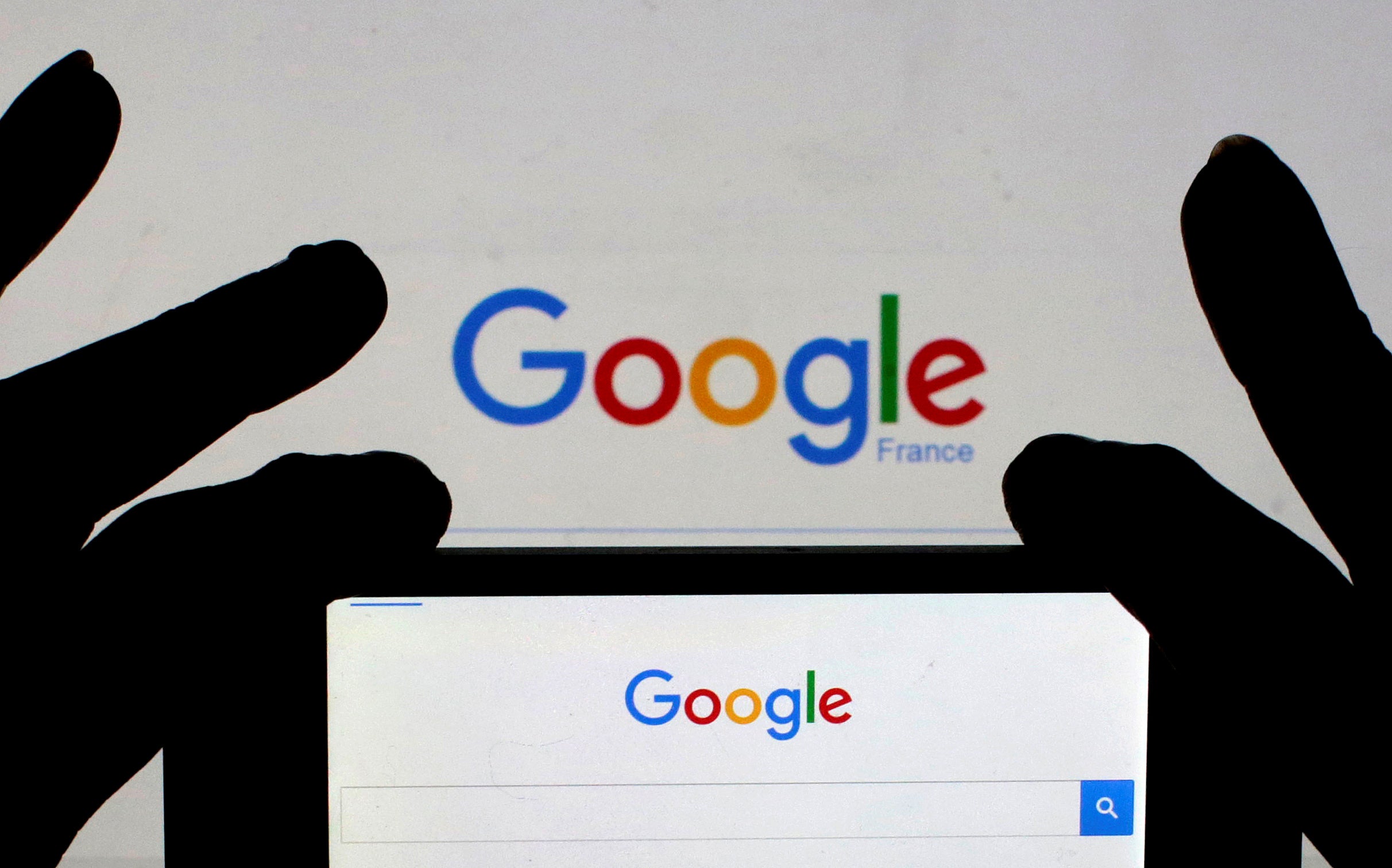
Google has refused to pay to show news stories in its search results in France, where the first new European Copyright Directive-based legislation is being introduced next month.
The tech giant will instead remove the short previews of news stories it shows under the hyperlinked headlines in search results, unless publishers specify say they want a certain amount of information to show.
Article 15 (formerly Article 11) of the European Copyright Directive, which was adopted by the European Council in April, forces online platforms and aggregators to pay press publishers to use their content.
This so-called “link tax” would be applied to snippets and previews of articles – such as those used in Google News and search results – but does not extend to hyperlinks, “very short extracts” or individual words used to describe them.
Individual EU member states have two years to create legislation to match. France is the first to do so.
In a French-language blog published yesterday, Google said: “Publishers have always been able to choose whether or not they want their content to be accessible through Google’s search engine or Google News.
“We have just put in place more granular webmaster settings that allow publishers to specify how much information they want to appear as a preview in the search results.”
Google also published a separate blog in English about how it invests in news, in which it appeared to explain further its response to the French legislation.
Richard Gingras, the company’s vice president for news, wrote: “People trust Google to help them find useful and authoritative information, from a diverse range of sources. To uphold that trust, search results must be determined by relevance – not by commercial partnerships.
“That’s why we don’t accept payment from anyone to be included in search results. We sell ads, not search results, and every ad on Google is clearly marked. That’s also why we don’t pay publishers when people click on their links in a search result.
“To operate in any other way would reduce the choice and relevance to our users – and would ultimately result in the loss of their trust in our services.”
Gingras added that while newspapers and magazines pay newsstands to display their titles, “Google provides this benefit to publishers at no cost”.
He also said Google works “closely” with news publishers to send them large amounts of traffic through Google Search and Google News, and pointed to the company’s advertising and subscription tools that newsbrands can use to grow new revenue.
The Google News Initiative is investing $300m (£214m) over three years in publishers’ online innovations around the world over three years.
France’s culture minister Franck Reister said yesterday that Google’s decision was “contrary to both the spirit of the directive and its text”.
He said giving publishers more control over how their articles appear was “a first step” towards giving publishers more control of their content.
But he added: “On the other hand, Google’s statements on the issue of compensation are not eligible.
“The political objective pursued by the creation of the neighboring right, and its translation in the law, are extremely clear: to allow a fair sharing of the value produced, for the benefit of the platforms, by the contents of press.
“From this point of view, Google’s proposal is obviously not acceptable.”
The News Media Association urged the UK to follow France and create its own legislation as soon as possible, saying it will “strengthen the ability of publishers across Europe to protect their journalism from unfair exploitation by third parties”.
“Urgent action must be taken to redress the imbalance which currently exists in the digital marketplace,” the group added.
“News media publishers must be able to reap the appropriate commercial rewards from their investment in journalism.”
Google closed Google News in Spain in 2014 rather than adhere to an intellectual property law that would have forced it to pay publishers for use of their links and headlines.
The previous year Google adopted an opt-in policy for news aggregation in Germany after the country changed its copyright laws so that the company would have to pay compensation to German news publishers.
Email pged@pressgazette.co.uk to point out mistakes, provide story tips or send in a letter for publication on our "Letters Page" blog
